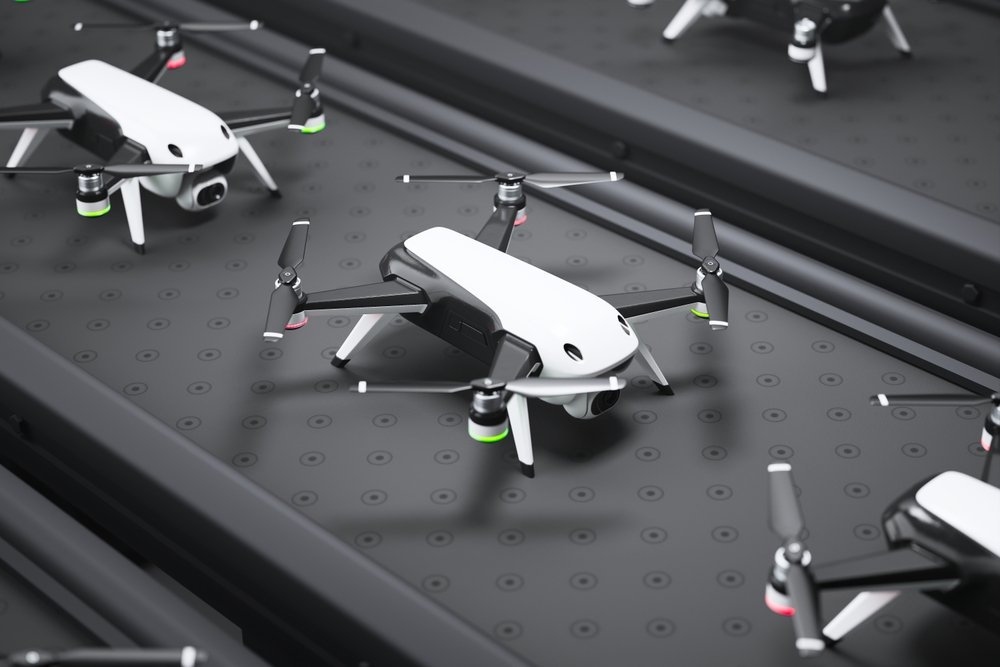The U.S. government expressed concerns that drones from China could allow access to sensitive data.
Others are reading now
The relationship between the United States and China has long been defined by competition and mistrust.
In recent years, disputes over trade, technology, and national security have only intensified, with both sides seeking to protect their interests while accusing the other of unfair practices.
These tensions frequently spill into the economic and technological sectors, impacting companies and consumers worldwide.
Also read
U.S. Considers Ban on Chinese-Made Drones
The latest flashpoint emerged as the U.S. announced plans to restrict or potentially ban the sale of Chinese-made drones and parts, citing national security risks.
The Department of Commerce began a public consultation on Thursday to assess the issue, according to Digi24.
The move could primarily target DJI, a Chinese company that dominates the global market for commercial drones.
The U.S. government expressed concerns that drones from China or Russia could allow adversaries to access sensitive data remotely.
Officials talked about the potential risk to national security, emphasizing that tighter controls might be necessary to protect critical infrastructure and information.
The consultation is set to close on March 4, with a final decision expected from the incoming administration.
China reacted sharply to the announcement. Mao Ning, spokesperson for the Chinese Foreign Ministry, accused the U.S. of overstretching the concept of national security to justify economic restrictions.
Speaking at a press conference, Mao argued that such actions disrupt global supply chains and harm international cooperation.
She pledged that China would take “all necessary measures” to safeguard its interests.
DJI, the world’s largest drone manufacturer, has faced mounting pressure from U.S. officials.
Washington has accused the company of supplying technology used to surveil ethnic minorities in China, including Uyghurs.
In October, DJI filed a lawsuit against the U.S. Department of Defense, denying allegations of military ties and asserting its status as a private company.

